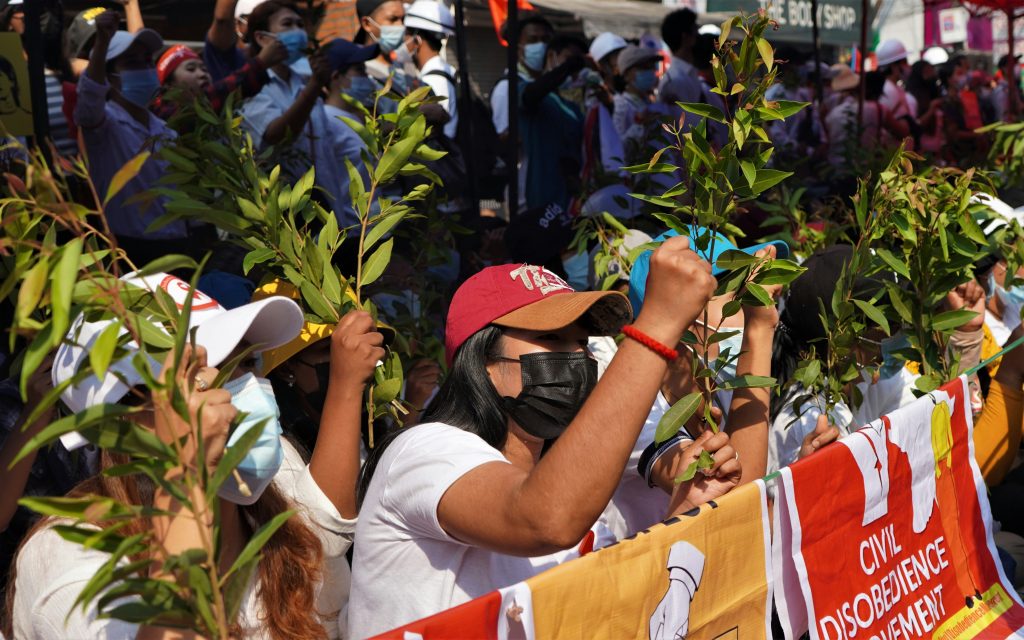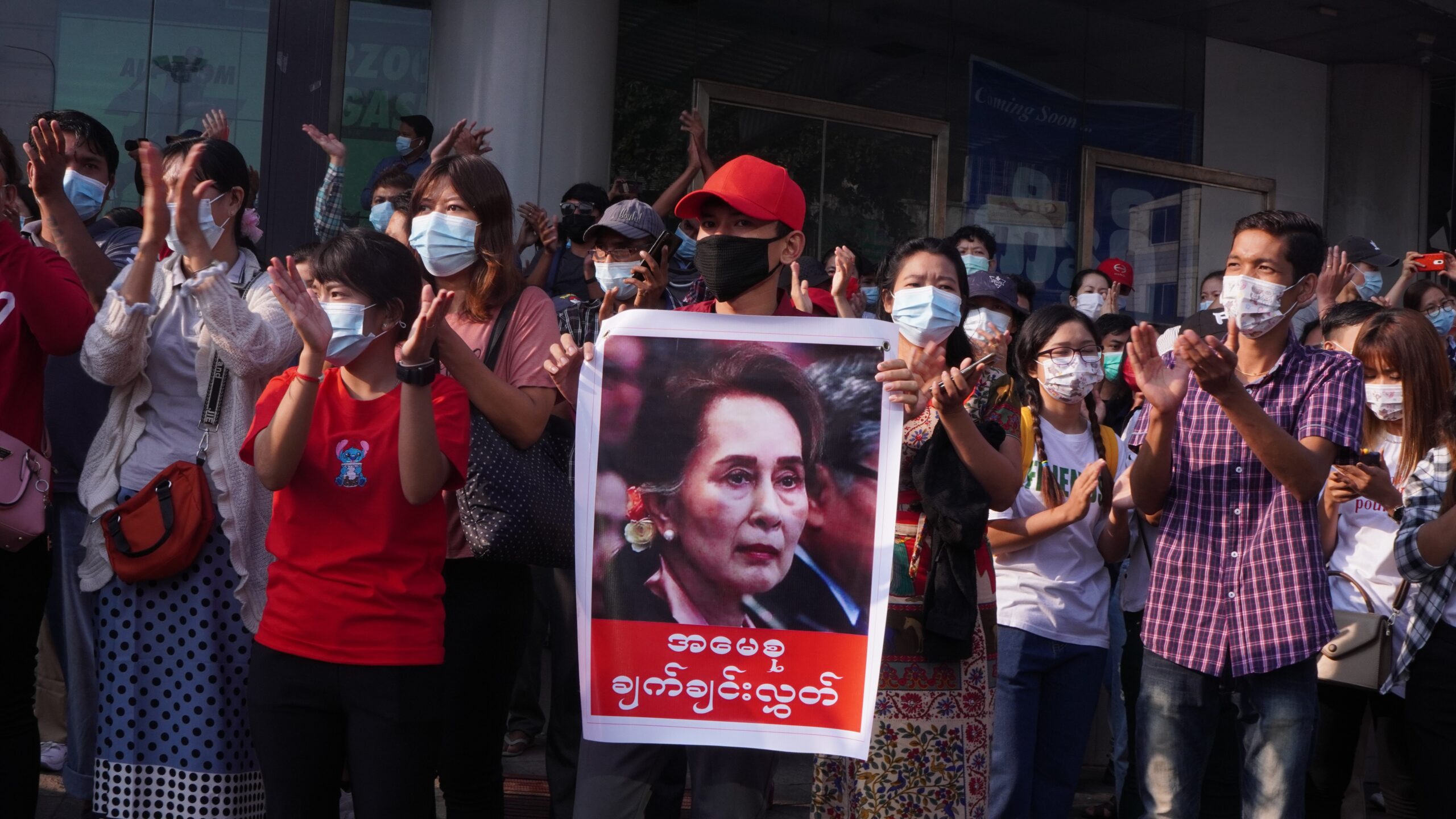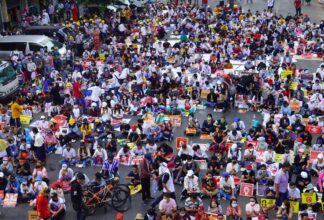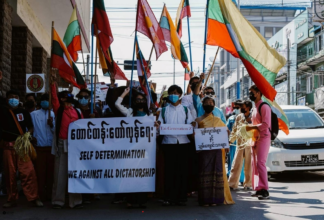Burma after the coup: “The human rights situation is appalling”

Three years ago, on 1 February 2021, the military seized power over Burma by overturning the election results and detaining State Counsellor Aung San Suu Kyi. The military has used force to attempt to control the country and uses brutal violence against human rights defenders, civil society groups, and journalists in order to silence all forms of protest and dissent. Since the coup, more than 4,400 people have been killed by the military and over 25,800 people have been arrested.
During the November 2020 elections in Burma, the National League for Democracy led by Aung San Suu Kyi, won a landslide victory. This triggered a reaction from the military, which claimed that there had been widespread election fraud. This claim, however, was turned down by the election commission. On 1 February, as the parliament was scheduled to hold its first session since the elections, the military launched a coup to try to take control over the country.
Despite the military’s brutal response, people have come together to fight the dictatorship. Nationwide mass protests, boycotts, strikes, and coordinated civil disobedience movements have taken place. Human rights defenders, civil society activists and journalists from across the country have continued their work despite severe attacks by the military.
Junta accused of war crimes
Since February 2021, the military junta has launched over 1,000 airstrikes and torched at least 77,274 houses. Over the last year, the junta’s violence has become more targeted on civilian populations with blatant attacks on villages, towns, internally displaced persons’ camps, religious sites where internally displaced persons were seeking refuge, schools, and hospitals. Over 2.6 million people have been displaced.
The military junta has been accused of genocide, war crimes and crimes against humanity and needs to be held accountable.
Attacks on civil society have also increased. The arrests of human rights defenders and journalists continue to have a chilling effect. Nearly 20,000 political prisoners remain in detention, and over 160 people are subject to the death sentence.
“The situation for human rights in Burma is appalling. For three years now, the military junta has cracked down violently on civilians, democracy activists, human rights defenders, and peaceful protesters. This needs to stop, and the junta must be held accountable for their actions,” said Rosanna Ocampo, Director Asia Department at Civil Rights Defenders.

What we do
Civil Rights Defenders continue to monitor the situation in the country. We are also working to let the international community know what is happening in Burma and to support the efforts to reinstate democracy.
Civil Rights Defenders has been providing flexible and emergency funds to human rights defenders and their families to improve their security. Since the coup, over 750 Burmese human rights defenders and members of their families from various regional and ethnic backgrounds have received support from Civil Rights Defenders emergency fund. We clearly saw their commitment to upholding democracy in their country, and initial requests were about safe ways of doing that work. In Burma, most of the support has been to provide safe accommodation for human rights defenders. We have also offered secure office spaces and communication tools. The need for assistance is extensive.

